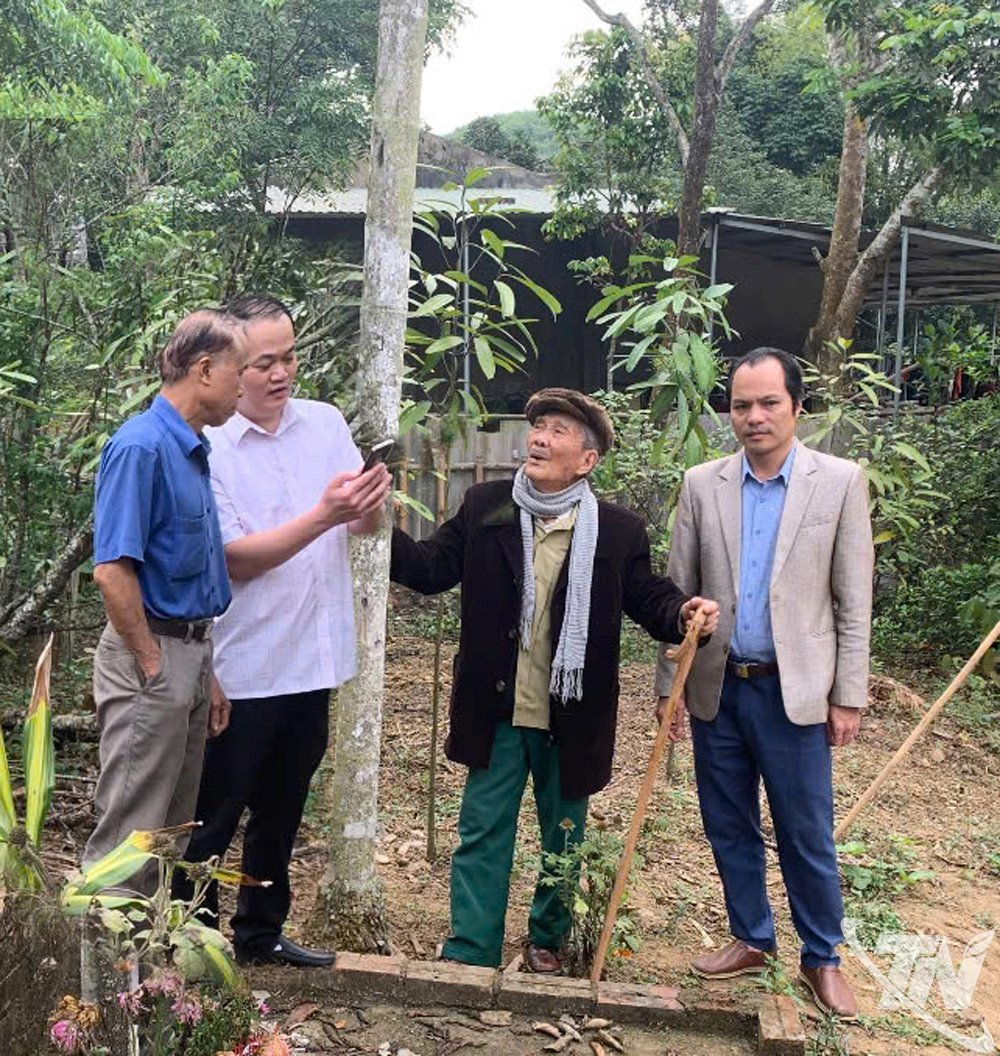 |
| Writer Nong Viet Toai (second from right) at Khuoi Cuong historical site, where Uncle Ho talked to the people of Bac Kan town in 1951. |
As we were accustomed to coming to him to hear stories about the pre-uprising period, he always remembered every memory and every event he witnessed, as clearly as if they had happened yesterday.
Writer Nong Viet Toai's birth name is Nong Dinh Han, born on April 26, 1926 into a poor family in Coc Dan commune, Ngan Son district, Bac Kan province (old), now Ngan Son commune, Thai Nguyen province.
He was born and raised in the cradle of the rich Tay culture, where the simple and rustic Then and Luon singing melodies permeated his soul from a young age. This factor became the foundation for him to become a writer who had the merit of "founding mountains and breaking rocks" in the revolutionary literature of the Viet Bac region. At the same time, he was also the one who laid the foundation for Tay prose in the Vietnamese literary village. In 1958, he was admitted to the Vietnam Writers' Association .
Besides his admirable literary career, he was also a son of Bac Kan who joined the revolution very early. In 1942, when he was only 16 years old, he was admitted to the Viet Minh Association. He confided that at that time he did not know much about the country: Looking at the map, we see our Fatherland as well as other Indochinese countries.
However, after being propagandized by revolutionary soldiers from the lowlands, the awareness of "national independence", "civil rights and freedom", and "Fatherland" began to be formed. From then on, he actively participated in propaganda activities with Viet Minh soldiers in the districts of Ngan Son and Ba Be (old).
From 1942 to 1945, veteran writer Nong Viet Toai actively participated in serving and guiding our revolutionary soldiers on their journey to the South, while at the same time propagating to the masses to stand up together to seize power when the opportunity came.
He recalled the days when he and his fellow countrymen hid and protected the "Old Man's" army marching south, stopping at Hoang Phai (a national historical site) in Coc Dan commune, now Ngan Son commune, in May 1945. The people everywhere in his province at that time, after being propagandized and having a sense of independence and freedom, supported the Viet Minh very much.
In Hoang Phai, when the "Old Man" army arrived, people mainly donated clothes, wild vegetables, pork, chicken, food... to supply the soldiers, and to protect and shelter the liberation army.
From August 14 to August 24 and 25, people from commune to district level in Tuyen Quang, Thai Nguyen, Bac Kan and Cao Bang provinces all rose up in unison. In Bac Kan province (old), Japanese troops retreated to fortify themselves in Phu Thong and Na Cu forts and towns. Revolutionary troops and people of Bac Kan surrounded enemy strongholds.
On the morning of August 19, representatives of the Japanese army met with the liberation army at the Bac Kan town airport to agree to hand over the documents of the provincial puppet apparatus and all the treasures along with many guns and ammunition. On August 20, 21, and 22, 1945, the insurgent army and the people of Bac Kan continued to occupy offices and declared the dissolution of the tools of repression, abolishing the Japanese puppet government in the province. On August 23, the convoy carrying 400 Japanese troops withdrew from Bac Kan town, and Bac Kan province was completely liberated.
On August 25, 1945, a large rally was held in Bac Kan town with the participation of thousands of people including ethnic minorities in the town and representatives from localities throughout the province. The representative of the Viet Minh Provincial Committee announced the abolition of the entire enemy government in Bac Kan, the establishment of a revolutionary government and the introduction of the members of the provisional provincial People's Committee.
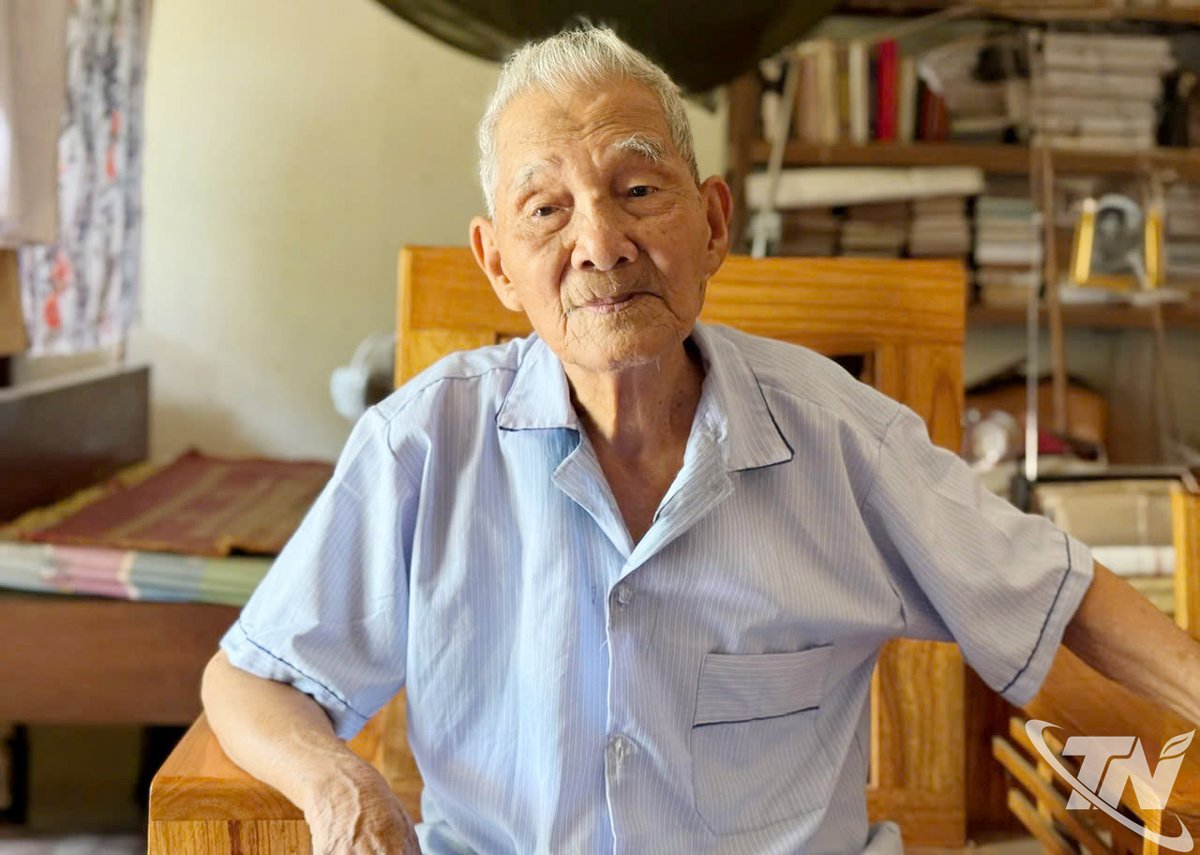 |
| Writer Nong Viet Toai always believes that his achievements in his literary career are thanks to the Party's cultural guidelines. |
Writer Nong Viet Toai recalled: When I went from Ngan Son to Bac Kan, crossing Na Tu bridge, there were Japanese soldiers lying down with mosquito nets to guard the bridge. When they saw me, the Japanese soldiers got up, removed the mosquito nets to let me pass, then hung them up again to lie down. That showed that our position and that of our people compared to them had changed.
The people of all ethnic groups at that time always believed that “The resistance would definitely win”, but they just did not know when. September 2, 1945, the day Uncle Ho read the Declaration of Independence giving birth to the Democratic Republic of Vietnam, was also the moment that all the people had long awaited.
The success of the August Revolution brought a new life and a lifetime of independence and freedom to the people of the whole country in general and the ethnic minorities in the northern highlands of Thai Nguyen in particular. The ethnic minorities in the mountainous areas made certain contributions to the great victory of the whole nation by their spirit of solidarity and wholehearted support for the revolutionary cadres.
Since 1950, writer Nong Viet Toai has held the position of Secretary of the Ngan Son District Party Committee, then held many positions such as Head of the Viet Bac Art Troupe; Director of the Viet Bac Museum; Chairman of the Viet Bac Literature and Arts Association... Up to now, looking back on his literary career, the writer still thinks: Throughout my writing career, I have always thought that without the Party and the revolution, I would not be able to be where I am today.
His greatest wish is that today's generations must understand the country's history, the sacrifices and hardships of previous generations, as Uncle Ho advised, "Our people must know our history/ To understand the origin of our country Vietnam."
Source: https://baothainguyen.vn/chinh-tri/202509/ky-uc-cua-nha-van-nong-viet-toai-ve-ngay-tong-khoi-nghia-2b91587/



![[Photo] National Assembly Chairman Tran Thanh Man receives Cambodian Senate President Hun Sen](https://vphoto.vietnam.vn/thumb/1200x675/vietnam/resource/IMAGE/2025/9/1/7a90c9b1c1484321bbb0fadceef6559b)
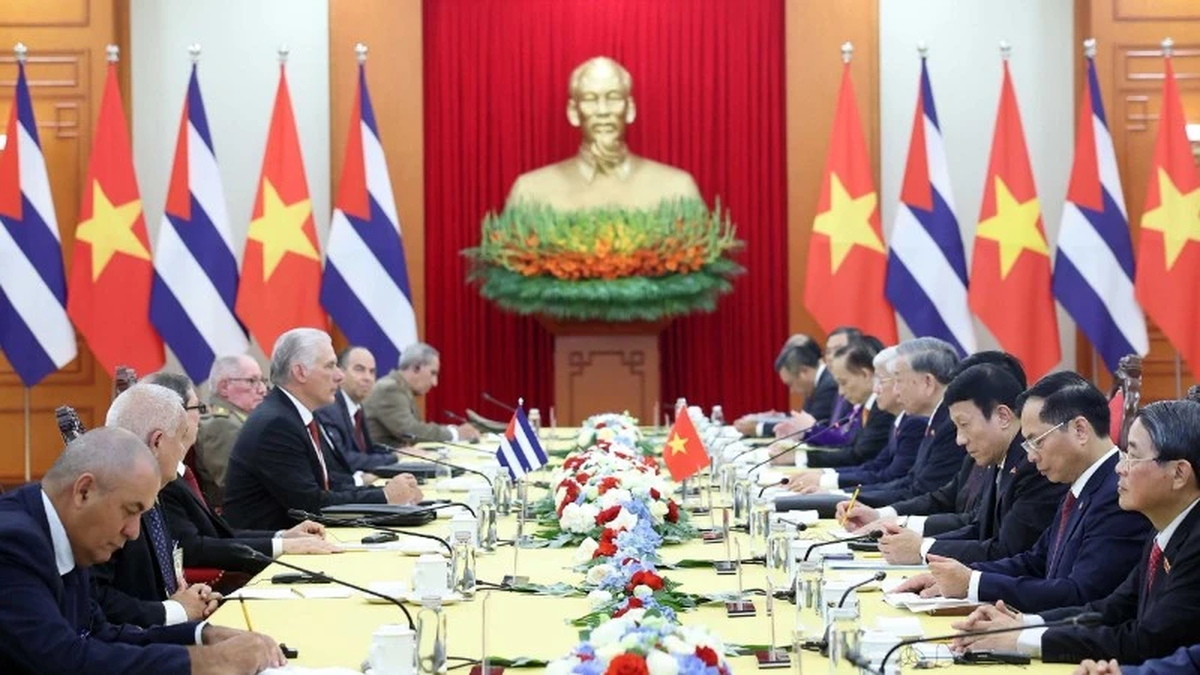
![[Photo] Celebration of the 65th Anniversary of the Establishment of Diplomatic Relations between Vietnam and Cuba](https://vphoto.vietnam.vn/thumb/1200x675/vietnam/resource/IMAGE/2025/9/1/0ed159f3f19344e497ab652956b15cca)
![[Photo] General Secretary receives heads of political party delegations from countries attending the 80th anniversary of our country's National Day](https://vphoto.vietnam.vn/thumb/1200x675/vietnam/resource/IMAGE/2025/9/1/ad0cb56026294afcae85480562c2e790)
![[Photo] Ho Chi Minh City is filled with flags and flowers on the eve of National Day September 2](https://vphoto.vietnam.vn/thumb/1200x675/vietnam/resource/IMAGE/2025/9/1/f493a66401844d4c90919b65741ec639)
![[Photo] People eagerly wait all night for the parade on the morning of September 2](https://vphoto.vietnam.vn/thumb/1200x675/vietnam/resource/IMAGE/2025/9/1/0cf8423e8a4e454094f0bace35c9a392)




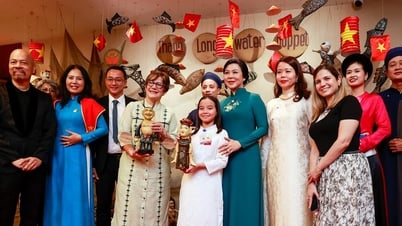



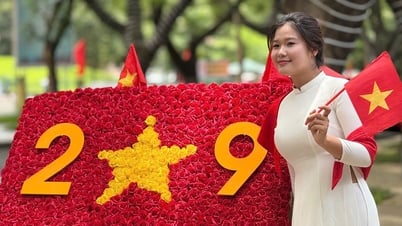

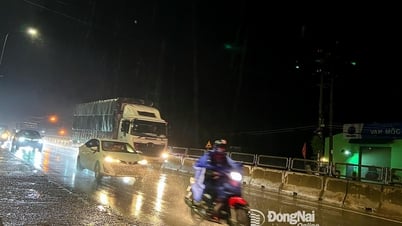

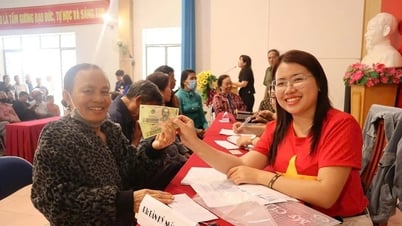
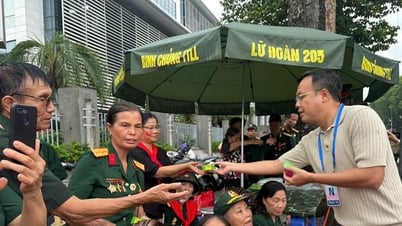
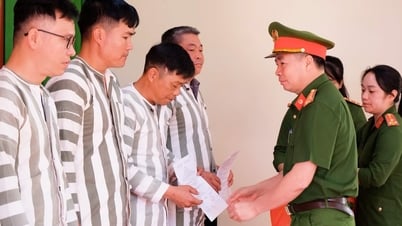
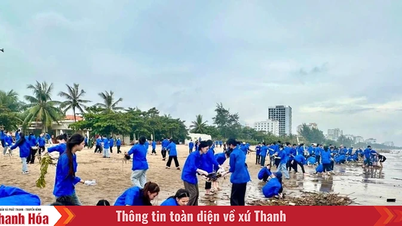

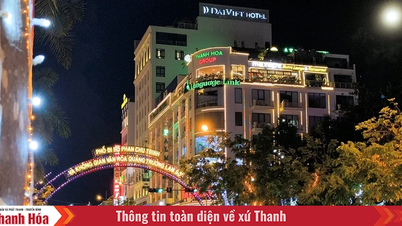




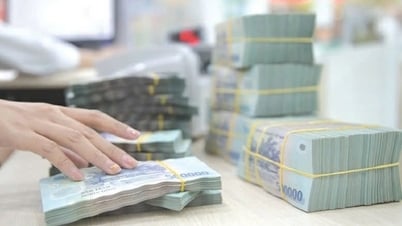
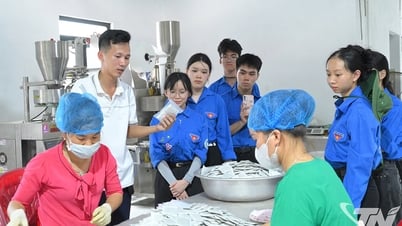
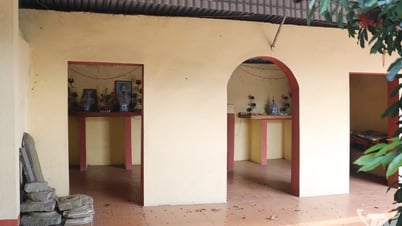
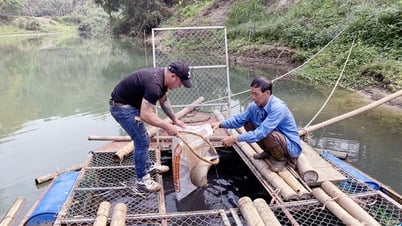

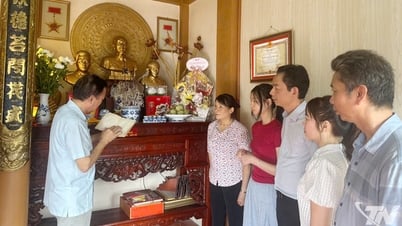
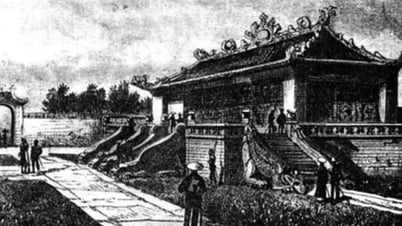

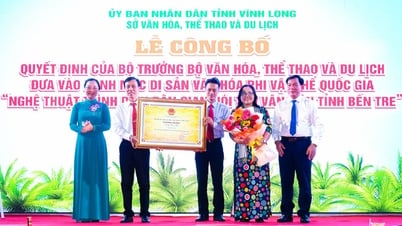

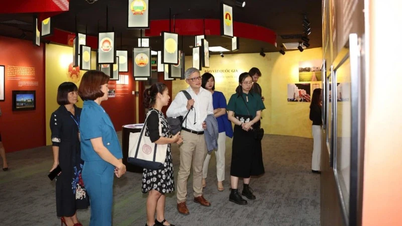

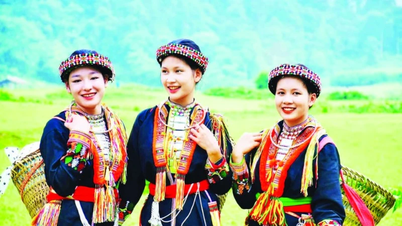





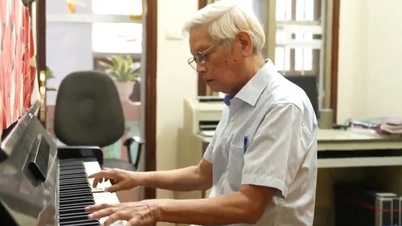
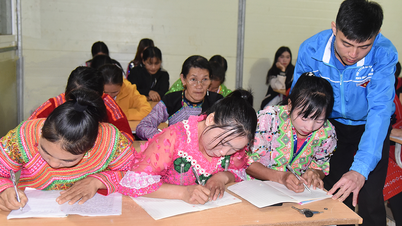



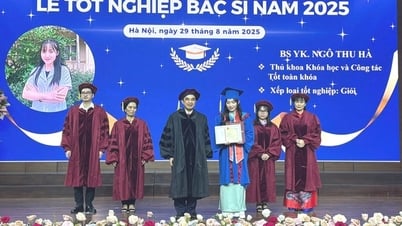








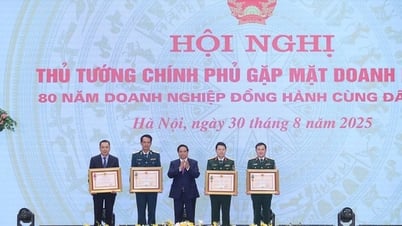
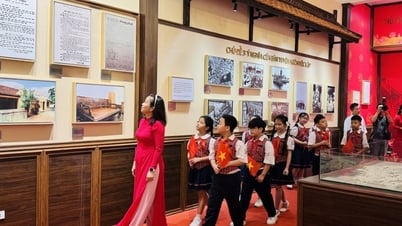
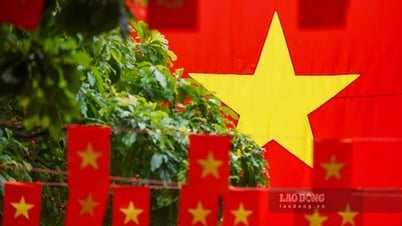

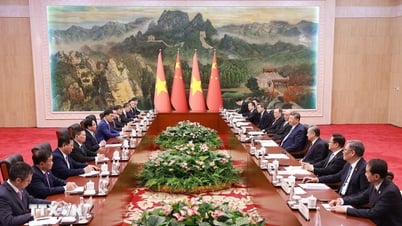

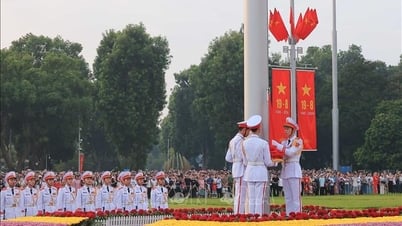

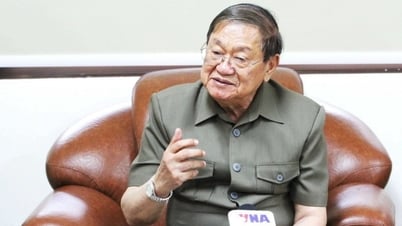

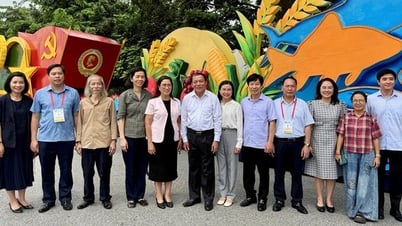

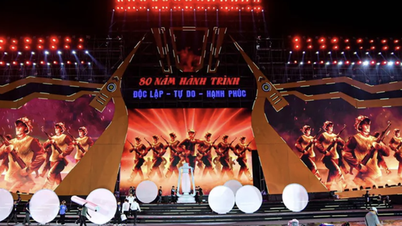
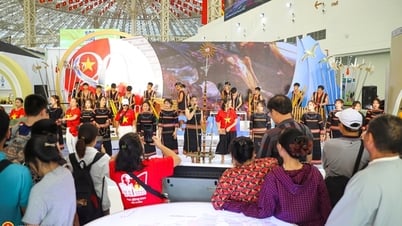
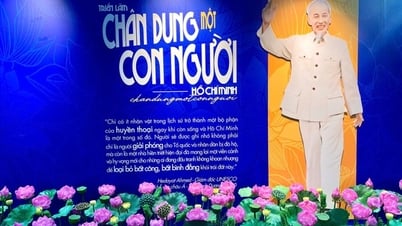
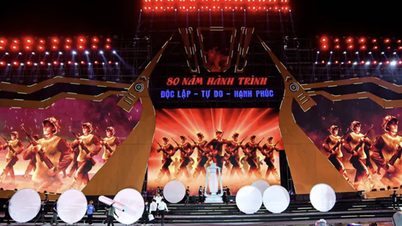


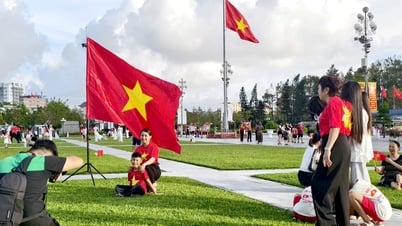


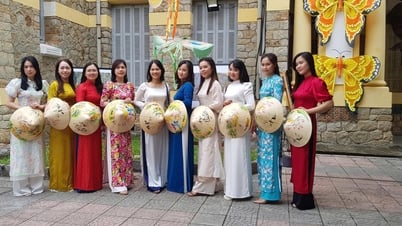


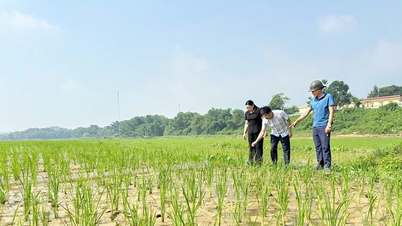

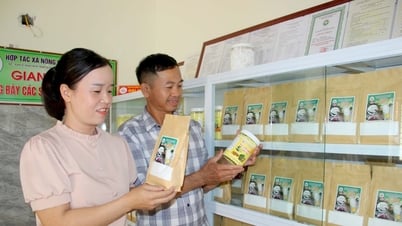
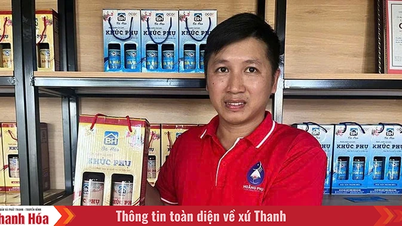

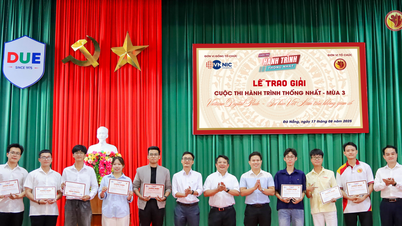

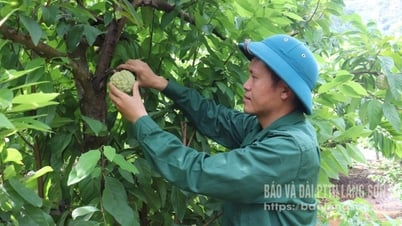






Comment (0)